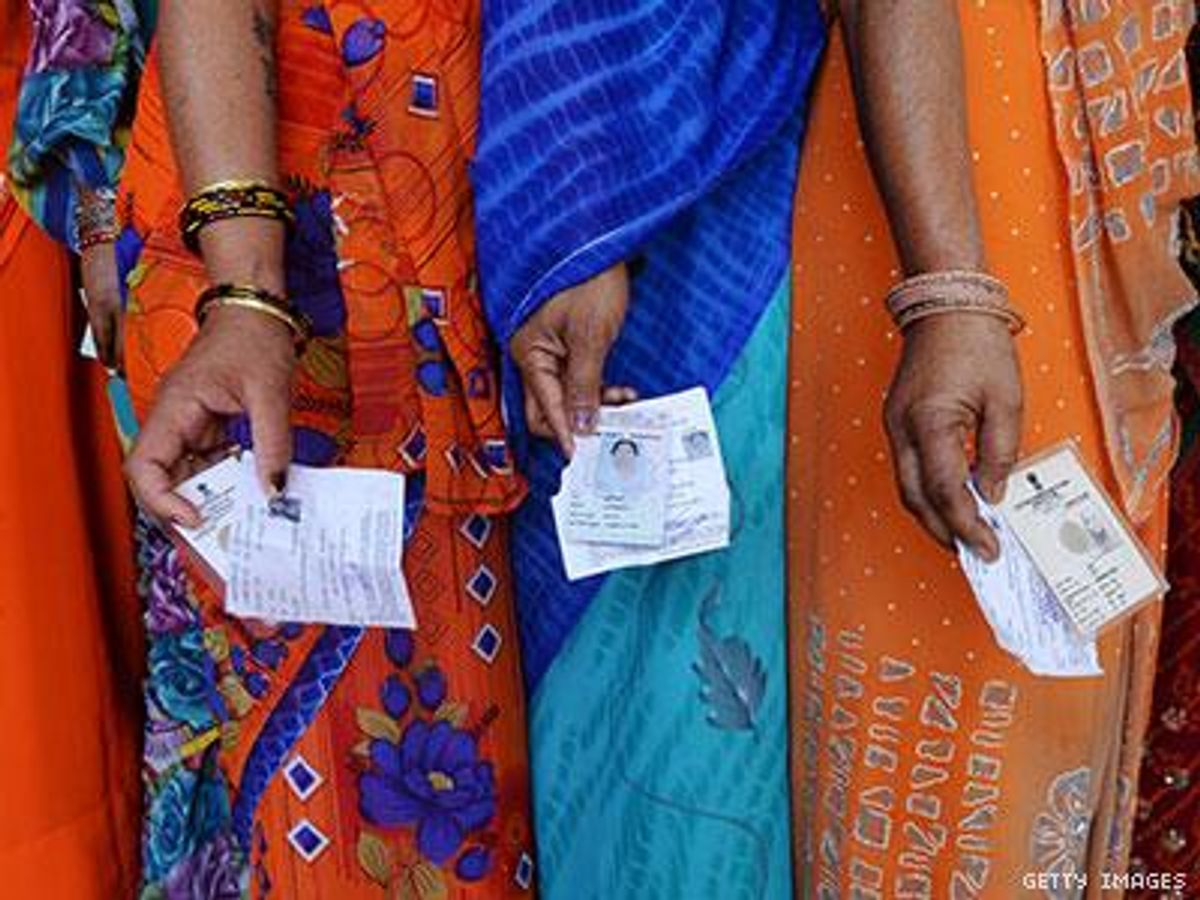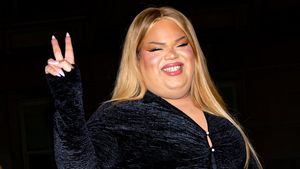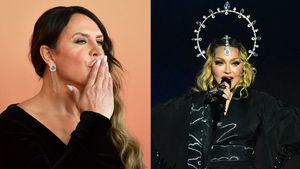As more and more countries, particularly in Asia, legally recognize "third genders," the U.S. State Department has not adapted quickly enough to process anything beyond binary "male" and "female"-marked visas.
On May 5, Chhattisgarh, India state health department worker Aruta Alpesh Soni attempted to attain a visitor's visa from the U.S. consulate so she could travel to Philadelphia's Trans Health Conference in June. Soni, whose Indian visa is marked "T" for "transgender," had her application put on hold when she arrived for an interview because consulate officials had no way to recognize her gender, reports the Times of India.
Soni, who plans to give a presentation on HIV among India's trans population at the health conference, explained that she had gotten her Indian passport's gender changed to "T" shortly after the April 2014 ruling by the Indian Supreme Court that third genders, including India's hijra population, would be legally recognized. When she applied for the U.S. visa in May she marked herself "female" on the form because she was only given two options.
Upon originally having her visa application neither approved or denied, Soni told the Times she was surprised to face such "discrimination" in today's world. "When the Indian government recognizes us as the third gender, why is the U.S. government indeceisive about it?" she stated. The U.S. consulate has since resolved the issue of Soni's visa according to the Times but has declined further comment.
The U.S. State Department's stance on processing passports with nonbinary gender identifiers remains unchanged, notes Buzzfeed News. "The bio data on the visa must match the bio data on the applicant's passport," a consulate spokesperson affirmed. Consulate told the Times that they were not aware that the "T" gender marker existed before Soni's application.



















































































